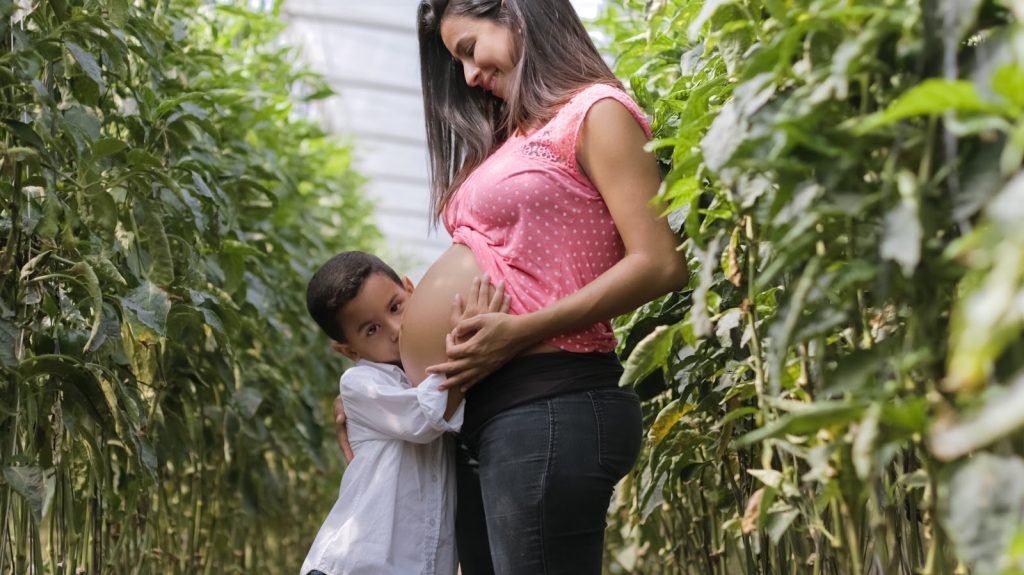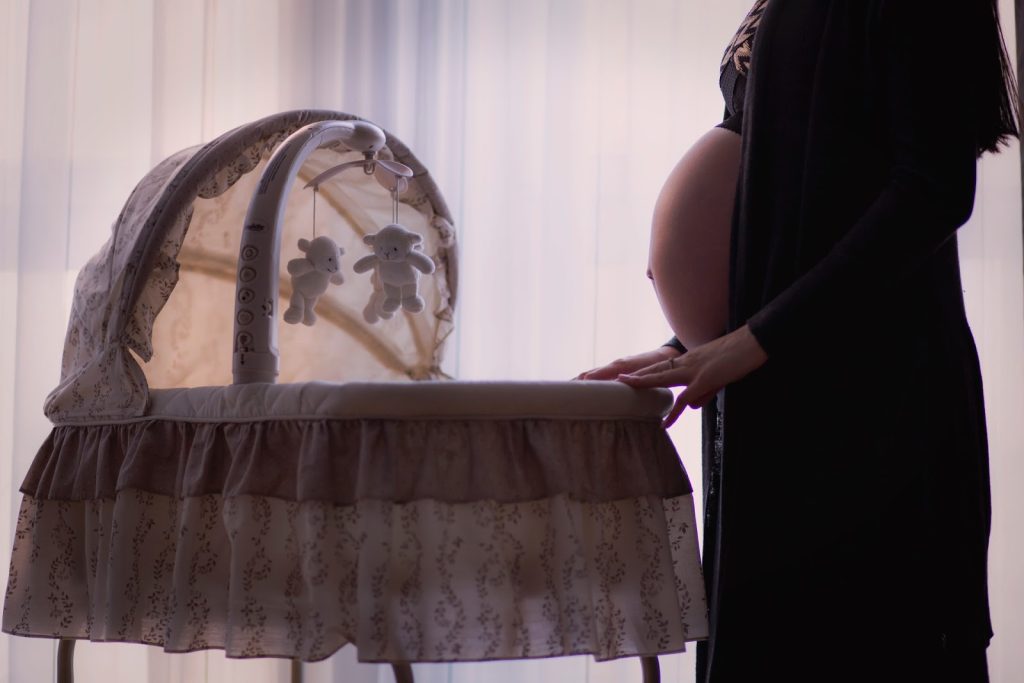When Malaysia decided that Covid-19 vaccines would be made available for expecting and nursing mothers on a case-by-case basis, many were left wondering if they should be vaccinated or not. This was primarily because pregnant and lactating women were excluded from initial vaccine trials. Therefore, there isn’t a lot that we know about the potential effects on pregnant and lactating women, leading to whether it is safe for them to get vaccinated.
Still, there are a couple of things to weigh in on like:
- Your personal health
- The dangers of contracting COVID-19 while pregnant and,
- Whatever side effects you may experience post-vaccination.
You also need to consider that fighting covid involves herd immunity because after being vaccinated, it is very likely we would develop immunity against the targeted disease. But having said that, those with underlying health conditions may not be eligible for vaccination. To stay protected, they have to live among those who have been vaccinated.
This is why herd immunity works. As more and more of us are vaccinated, more and more of us would be immune, making it difficult for the pathogen to circulate.
Dangers of Contracting COVID-19 While Pregnant
Even WHO, who initially advised pregnant mothers to avoid getting vaccinated, now allows healthcare providers and front-liners to be vaccinated. WHO decided this after considering the higher exposure and risk of severe COVID-19 infection in pregnancy, resulting in an increased risk of hospitalisation, ICU admission, and the need for respiratory support, resulting in worst-case scenarios: death. WHO also later recommended that breastfeeding mothers in high-risk exposure groups be offered vaccination without stopping breastfeeding.
Studies have also shown a higher risk of experiencing severe COVID-19 symptoms if contracted during and after pregnancy. This could result in a higher risk for cesarean delivery, preterm birth, hypertensive disorders of pregnancy, and postpartum haemorrhage. Having other underlying health risks like obesity, high blood pressure, or diabetes will also add to the risks.
What we do know for now
Although the internet is full of all sorts of unhelpful information, especially when it comes to conspiracy theories, here’s what we know so far:
- The decision to vaccinate is your choice
- While the vaccine was tested on animals, results have shown no evidence that it would cause harm to the pregnancy or fertility.
- There are various types of COVID-19 vaccines approved by Malaysia that do not contain ‘live’ viruses like:
- mRNA (Pfizer-BioNTech)
- Viral vector (AstraZeneca, CanSino Biologics, Sputnik V)
There are also inactivated virus vaccines that contain dead coronaviruses like:
- Inactivated vaccine (Sinovac)
- Non-live vaccines have previously been shown to be safe in pregnancy and cannot give someone Covid-19.
- Although minimal data following vaccination for pregnant and breastfeeding women means experts cannot conclude anything, they believe that the benefits still outweigh the risks.
- mRNA vaccines are incredibly short-lived and easily degraded; hence they are stored at cold temperatures to be used quickly after preparation. Upon administration, the body will either treat it as instructions to start building immunity or quickly break down any remaining trace amounts of mRNA. Therefore it is doubtful that any mRNAs would make it into breast milk or into the fetus through the placenta.
- If you have been vaccinated, there is a high chance that the antibodies made by your body would be passed to your baby through the placenta, which would provide some protection.
- So far, only one preliminary report has found elevated lgG and IgA(antibodies) in the breastmilk of vaccinated women, so it is still uncertain if it would help protect a breastfed infant.
- The American College of Obstetricians and Gynecologists, the Society for Maternal-Fetal Medicine and the CDC agree that pregnant and breastfeeding mother should be offered the choice to get vaccinated.
Take-Home
Understand that getting vaccinated is a choice. Although experts are still collecting data about these vaccines with regards to pregnant and breastfeeding mums, they do believe that the benefits of getting vaccinated outweigh the risks.
Malaysian mothers are advised to check with their health care provider before making a decision. This is so that doctors can assess each mother’s medical backgrounds and evaluate each pregnancy on a case-by-case basis. If you are feeling overwhelmed by all the information on the web, consult your doctor. They can help you decide if the vaccines are for you.
It is good to remember that the vaccines do not contain live coronavirus, so you cannot and will not get COVID-19 from getting vaccinated. Side effects are normal and temporary, lasting only a day or two, signifying your body’s natural response to recognising and fighting the virus.
Unfortunately, vaccines only work when people actually agree to get vaccinated. However, this does not mean we can go back to how it used to be. You will still need to continue wearing a mask, practice distancing and good personal hygiene.
Ultimately, the decision is yours alone, so do your research and read from reliable sources. Ask your doctor all the questions you need before making a decision. For more information, please refer to the National Covid-19 Immunisation website. We might be a long way yet from achieving a breakthrough, but we can work towards a better normal together.

